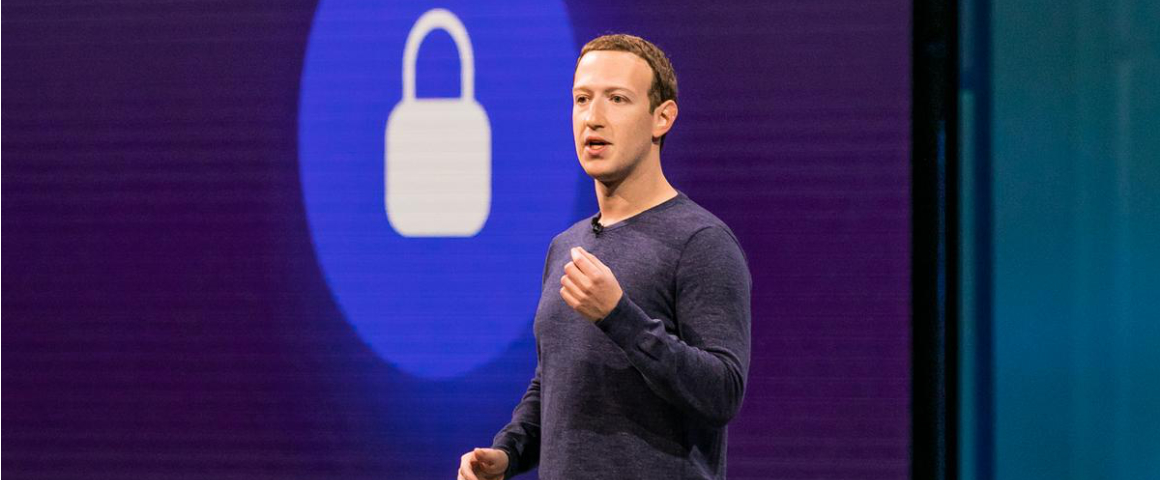By Tilda Garraway
With their collective grip over an astounding 70 percent of internet traffic, Meta (Facebook and Instagram) CEO Mark Zuckerberg and Google CEO Sundar Pichai wield an unparalleled level of influence and control over communications and information. These two billionaires recently took their power to new heights by audaciously shutting down all access to Canadian news sources across all platforms which they control.
This brazen display of power is in direct response to Canadian legislation aimed at protecting domestic news sources. Bill C-18, The Online News Act, was passed in June and requires digital companies to compensate Canadian media organizations if they want to their news content on their platforms.
The objectives of the much-debated Bill C-18 enjoys overwhelming support from working people in Canada, with 75 percent wanting to ensure that eligible news outlets follow journalistic standards and ethics, and a similar proportion wanting to ensure that local news is protected and given the resources to continue to operate.
However, this large public backing only served to provoke Zuckerberg and Pichai into a defiant and ruthless course of action. By severing all connections to Canadian news content through their platforms, they have dealt a harsh blow to working people in Canada, showing no regard for their right to access vital information.
Facebook, Instagram, YouTube and Google – platforms that millions of people in Canada rely on for news consumption – have now blocked all Canadian news publishers. This draconian measure forces over a third of the Canadian population to search for alternative news sources, a task that can be both arduous and risky, as unsuspecting people are left more vulnerable to the overwhelming sway of right-wing influences which often dominate these platforms.
What is most alarming is the sheer arrogance exhibited by Zuckerberg and Pichai. Their actions starkly illustrate the attitude of corporate supremacy which dominates the free-market (capitalist) system. With no qualms about disregarding international laws, they believe they are above any form of accountability. This flagrant disregard for Canadian sovereignty raises grave concerns not only about the power of private capital, but also about the susceptibility of Canadian news to manipulation and foreign control.
In this digital age with two billionaires owning so much of the information landscape, we must ask who truly owns and controls political conversations. How can people in Canada be informed about their own conditions if they are denied access to their own sources? Such a troubling scenario calls for a decisive and cohesive reaction. Working people in Canada must demand that the government assert more robust regulatory authority over foreign entities capable of exerting such immense influence over the Canadian people. The time has come to safeguard our information sovereignty and ensure that Canadians can access reliable and trustworthy information about their own conditions.
Problem is not just foreign influence
But democratic and sovereign control over information is not just about limiting foreign influence and control. We also need to confront the immense power of corporate media in Canada. The Canadian Media Concentration Research Project concludes that the top six media companies in Canada – Bell, Telus, Rogers, Shaw, Quebecor and the CBC – accounted for just under 70 percent of network media revenue in 2021. The project determined that the situation in the mobile media sector is even worse – Rogers, Telus and Bell accounted for over 89 percent of the sector’s revenue and over 86 percent of subscribers in 2021.
Even without the impact of foreign media corporations, this shocking level of concentration by “Canadian” corporations distorts virtually all aspects of information, from content to access to transparency and accountability.
The best way to do confront corporate media power in the immediate term is through nationalization – public ownership and democratic control and operation. This includes print, television and radio media, but also digital platforms like those (currently) owned by Zuckerberg and Pichai.
Get People’s Voice delivered to your door or inbox!
If you found this article useful, please consider subscribing to People’s Voice.
We are 100% reader-supported, with no corporate or government funding.




